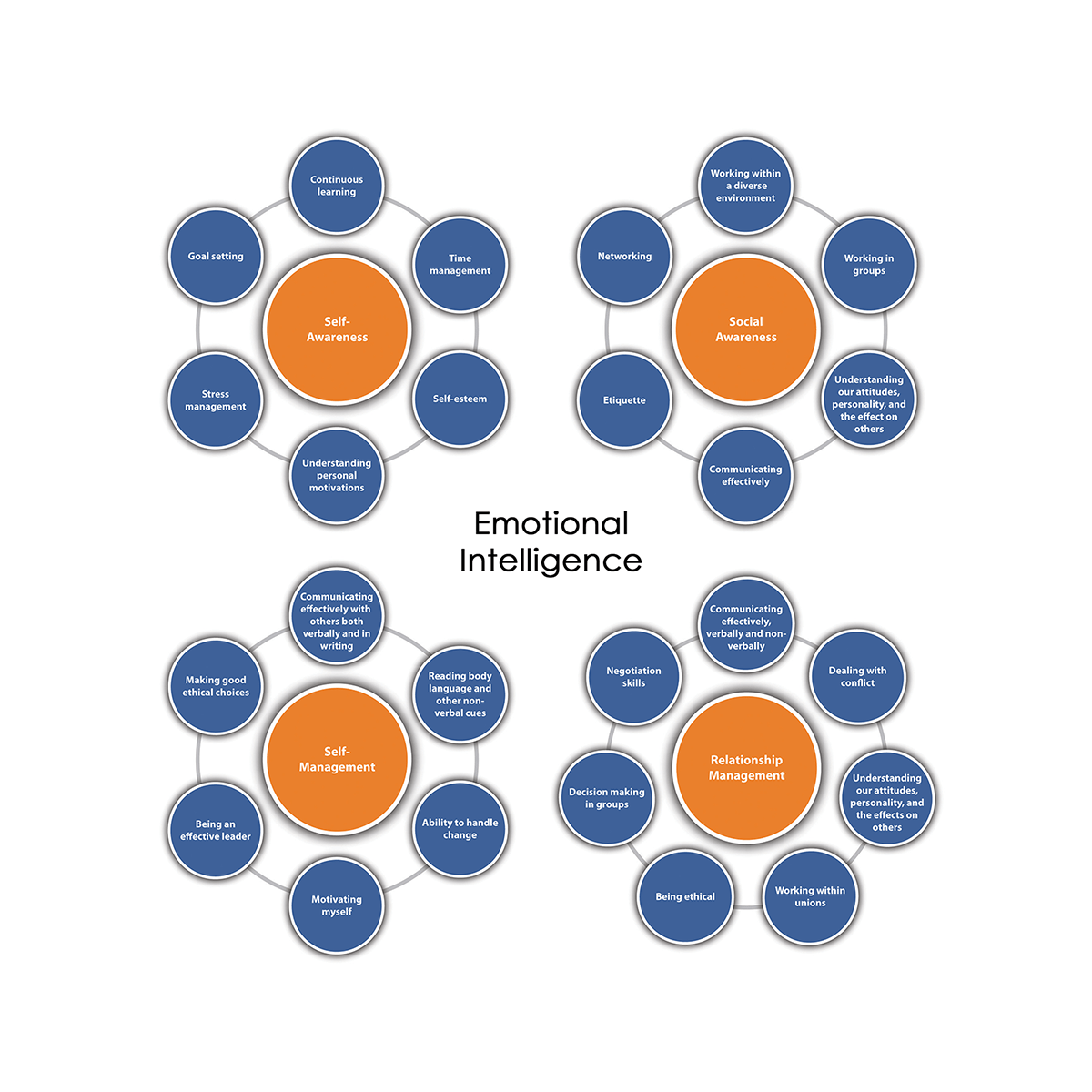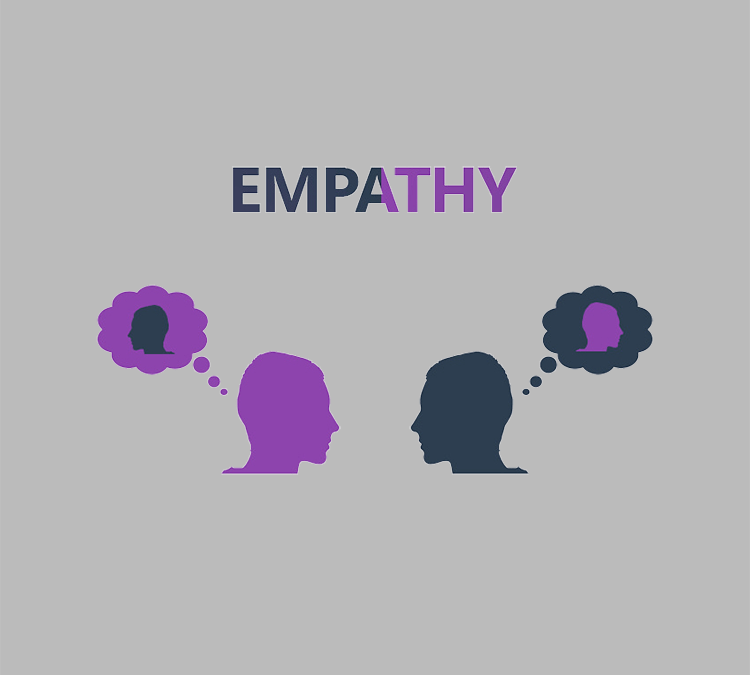Following is an argument for using a form of empathy I’ve developed called the “Practical EmPath” (PEP) system, based on and similar to Nonviolent Communication (NVC) by Marshall Rosenberg, PhD.
Empathy is not agreement, so you risk no loss of integrity by practicing empathy with someone you disagree with. To empathize, you are merely removing your filters and opinions for a moment to have a more pure understanding of their perspective.
It can take valuable time and energy to be empathetic towards one whom we perceive has wronged us. Why waste this precious energy seeking to understand what they experience, feel, or need?
Here are seven reasons:
1
Every time we practice giving empathy, especially when it is difficult, we strengthen our “empathy muscles”, making it easier and more automatic next time. Eventually, giving empathy will actually charge our batteries.
2
Have you heard the term, “Understand thy enemy”? Surely, you gain some advantage by understanding another person’s perspective (call it “motive” if you wish), whether they are enemy or friend. And bonus, by understanding one more person, you increase your understanding of humans in general. You can only benefit from this.
3
Carrying anger or resentment is no fun and affects our well-being. When we choose to give empathy, we are choosing to walk away feeling lighter and more healthy.
4
If there is a chance of repairing or strengthening the relationship, empathy increases the likelihood of this happening.
5
We never know when we might meet a person again. They may be a future client, lover, or friend. A friend once shared with me, “The way you speak of that person – whom you could have interpreted as a person who did you wrong – really impressed me and I keep that in mind when I want to think or speak ill of others.”
If you care about the idea that your “enemy” moves on to affect others who affect still others who might some day affect you:
6
Our authentic smile or words of acceptance may not change a person’s life but it might reduce strife and add to the empathy they received from someone else and make a difference in decisions later made.
7
Children observe and model your behavior. If you are a parent, teacher, or around children for any reason, know this: They see how you treat others and the younger they are, the more impact this has on them and how they will grow up to be.
Note: I base most of my empathy teachings on cognitive empathy, distinct from affective (emotional) empathy, which I’ve started calling sympathy in the interest of being as simple and clear as possible. I see benefits of cognitive empathy including (a) easier for “thinkers” to get; and (b) offers more choice in that you can choose how much of the other person’s feelings you want to take on, which I see as beneficial for those who tend to get overwhelmed by the feelings of others.
Read the full version of this article as a chapter in my book, the “A Practical EmPath“.











Recent Comments